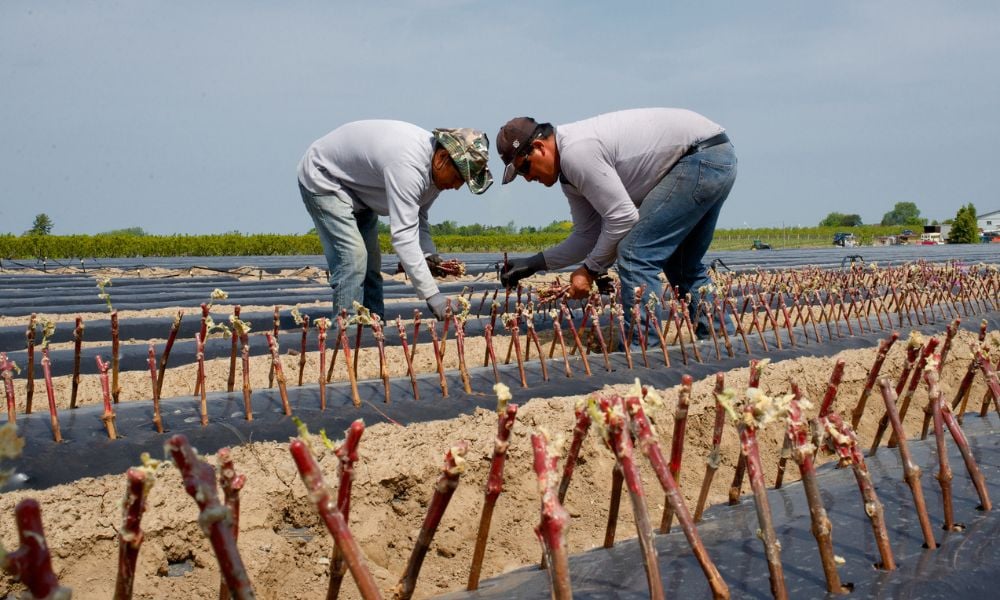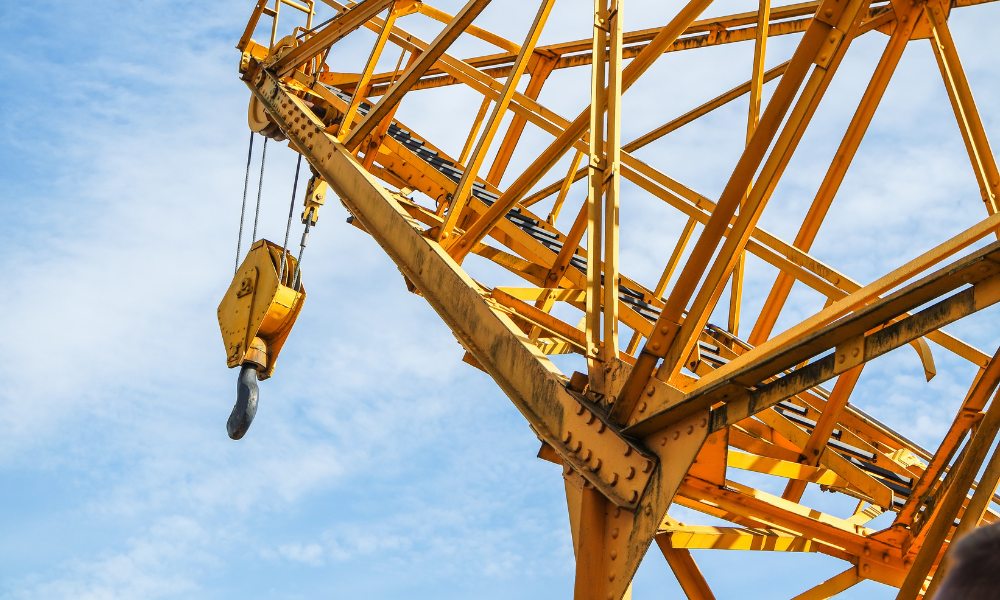Study finds immigrants work jobs that "carry more risk of injury"

Up to 80 percent of people who are hurt at work in Montreal are immigrants, according to a new study from one of Canada’s leading occupational health and safety research centres.
Jessica Dubé, with the Robert-Sauvé institute, is the lead researcher working on the project examining the trend and in an interview with the Canadian Press she notes the province’s workplace health and safety board reports most of its cases involve immigrants. But ten years ago, the majority were Quebecois workers.
Dubé says her team has spoken with employees from the workplace health and safety board, injured immigrant workers, rehabilitation counsellors, employers, and medical professionals.
``We wanted to understand the different issues in the process of occupational rehabilitation for immigrant workers.''
Part of the reason behind the rising trend is that Montreal’s immigrant population has increased. But immigrant workers have also ended up in some of the more dangerous occupations, according to Dube.
She says they face obstacles, like not having their degrees and accreditations recognized by Quebec’s professional orders. It forces workers to accept jobs they aren’t properly trained for, which increases the risk of injury. They often work in agriculture, manufacturing, and health and social services.
``These jobs carry more risk of injury because they are very manual and repetitive,'' says Dubé, who adds immigrants often don’t know they can report injuries and possibly receive compensation.
``In certain cases, they will wait before declaring the injury, or they will not declare it at all, and in other instances, they will wait until the injury gets worse or becomes chronic before declaring the injury, which might explain to a certain degree why we find so many immigrant workers in rehabilitation.”
Dubé says there is also a fear of reprisal and dismissal which scares workers into not reporting their injuries. She calls her findings “worrisome” and hopes the study raises awareness.
``We also hope it brings changes to policies related to occupational health and safety. And possibly new intervention strategies that will help doctors and employers facilitate the process for workers to return to work.''
The study is still being worked on and is expected to be completed and presented in June.





